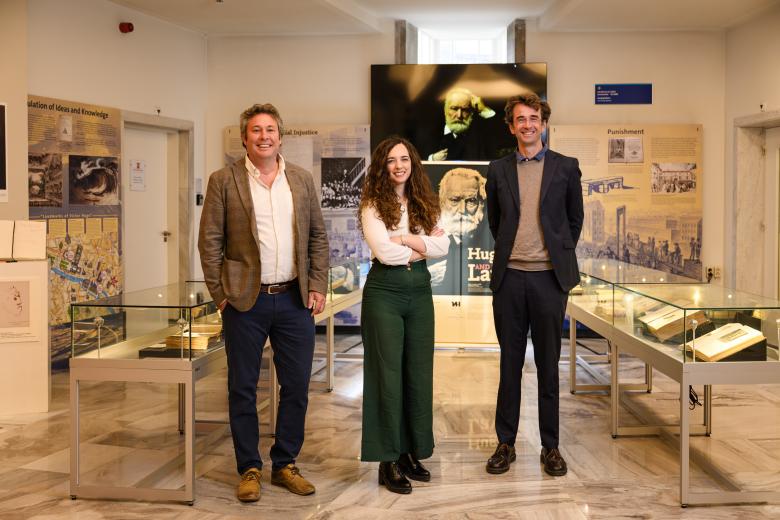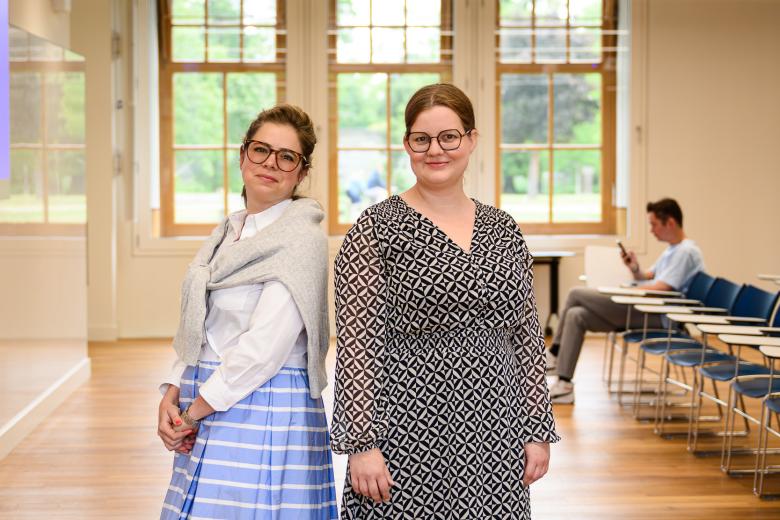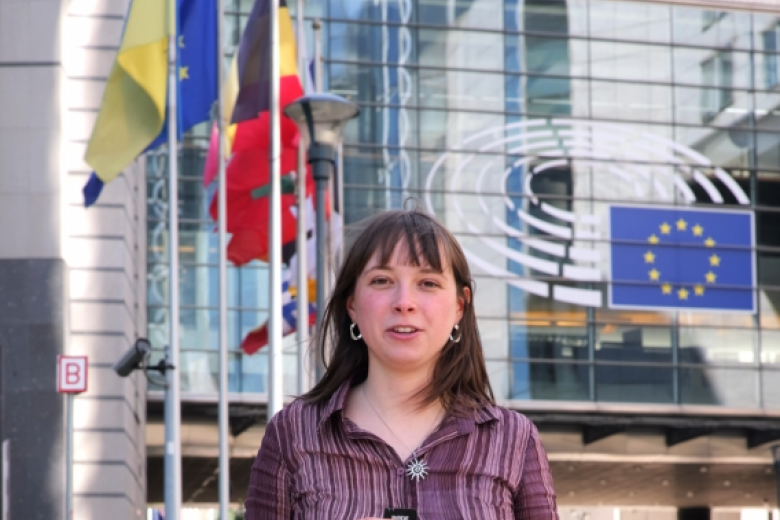PAS+ Festival, Parcours of Art and Science
In 2016, the PAS (Parcours of Art & Science) festival is pulling out all the stops, with a programme filled with activities related to art and knowledge that extends over three evenings, which is why it has been named PAS+.
This year, the third edition revolves around the 40th anniversary of Maastricht University. So there’s even more reason to train the spotlight on UM’s wide range of research. The festival also focuses on music, theatre, world music, street theatre, dance, video, arts and cultural heritage.
Part of this PAS+ will be compiled around a number of themes, such as the significance of 40 years of UM for the city and region, crossovers between art and science, the year of dialects, and art and engagement.
An important feature of the festival is the mix of elements of surprise, inspiration, amusement, emotion and interpretation. As a large part of the programme is bilingual, it forms an ideal opportunity for foreign students and expats on the one hand and citizens of Maastricht and far beyond on the other to meet up informally and get to know one another.
More information on www.pasmaastricht.nl or www.facebook.com/pasmaastricht
Also read
-
Where Law Meets Pop Culture: A Creative Space for Exploration
From hip-hop to Victor Hugo, and historical fiction to classic cinema: What do these things have in common with the study of law, you might think? At Maastricht University’s Faculty of Law, a growing group of researchers and students is exploring exactly that and even more.

-
Innovative Education in Personal and Family Law
Thanks to the SURF Incentive Scheme for Open and Online Education (still available at the time), Gwen Noteborn (university lecturer in personal and family law at Maastricht University), Claudia Hocks and Janneke Hendrix (lecturers in law at Zuyd University of Applied Sciences) were able to get...

-
Europe Day
To celebrate Europe Day on 9 May, FASoS student Lisa travelled to Brussels to meet with five of our inspiring alumni who are currently shaping European policy and advocacy. In this video, they share why Europe Day matters, how it’s celebrated in Brussels, and what the idea of Europe means to them.
